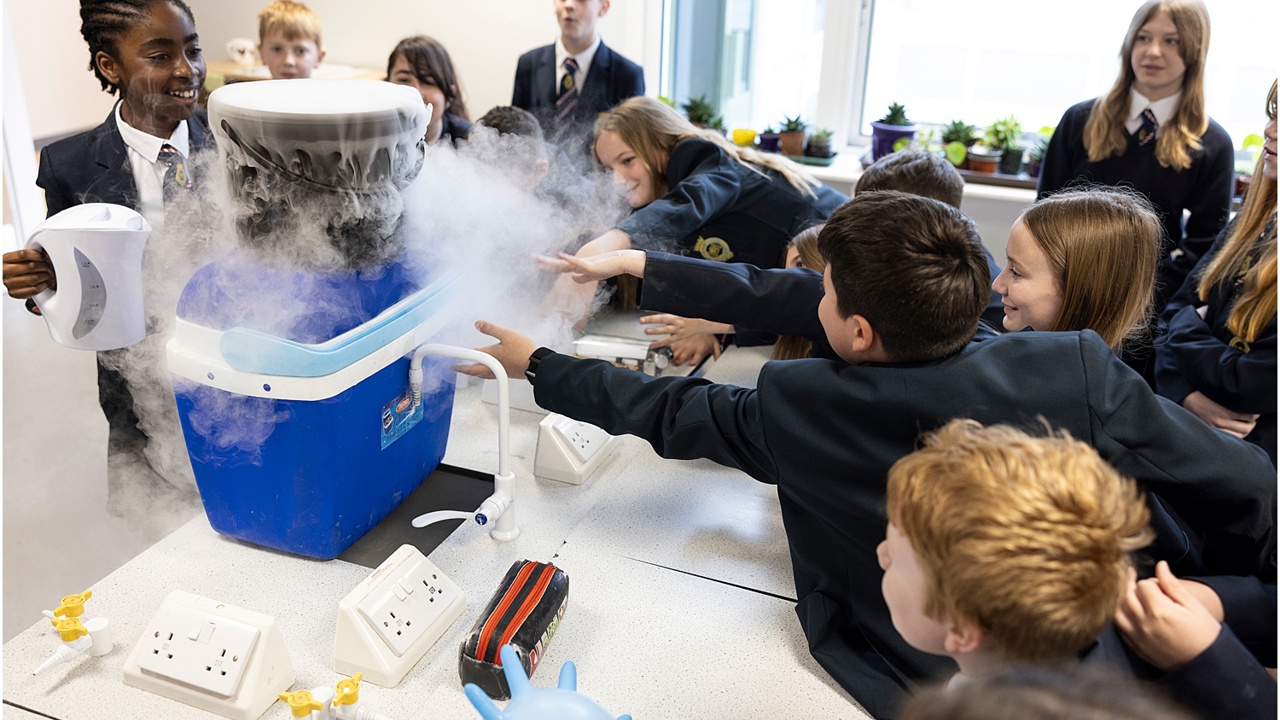
Talking to young people
Understanding what young people currently in school think about engineering and tech careers helps us refine our messaging and engagement activities. For many years we have surveyed school students to gauge their knowledge, perceptions and interest in STEM careers. We have mainly done this through the Engineering Brand Monitor, which also surveys teachers and parents. Most recently we have done this through Science Education Tracker, which we conducted in partnership with the Royal Society. What we’ve learned shapes our work with young people.
School students are less interested in science
In the period between 2019 and 2023 there was a negative shift in young people’s engagement and aspirations in science at school. It’s likely some of this is attributable to the impact of the pandemic. Young people, particularly younger groups, are now less interested in science and computing. We also see that students are less confident in their abilities across most subjects, including science and computing.
Girls don’t relate to engineering, tech and science
As overall interest in school science declines, a gender gap has opened up. Just 12% of girls say being an engineer fits with who they are. Only 16% of girls think engineering is suitable and 36% say science is not for them. Under a third of girls are interested in a career in engineering, compared to 63% of boys. And just 23% of girls are interested in a tech careers, whereas 52% of boys are.
Students want to do more practical science
68% of students in years 10 and 11 want to do more practical work. Experience of hands-on practical work is key to motivating students in science, especially among the least engaged in science. However, most students encounter practical work via videos. Since 2016 and to a greater extent since 2029, we’ve seen a reduction in the access young people have to practical science. In fact, only 26% of GCSE students do hands-on practical work at least once a fortnight. This was 44% in 2016. Teacher demonstrations are also less common. The number of these students watching videos of practicals on a fortnightly basis has increased to 46%.
Most young people are neutral about engineering and the environment
More young people feel that on balance engineers do more to help the environment (21%) than harm it (11%). However, 52% are neutral, saying that they do an equal amount of good and harm when it comes to the environment. Students from Asian and Black backgrounds are more likely than white students to feel that engineering does more to help the environment. The same is true of those with a STEM connection in the family. Young people who were interested in an engineering career and those who considered themselves to know at least a fair amount about engineering are also more likely to hold a positive view about the environmental contribution of engineers.




